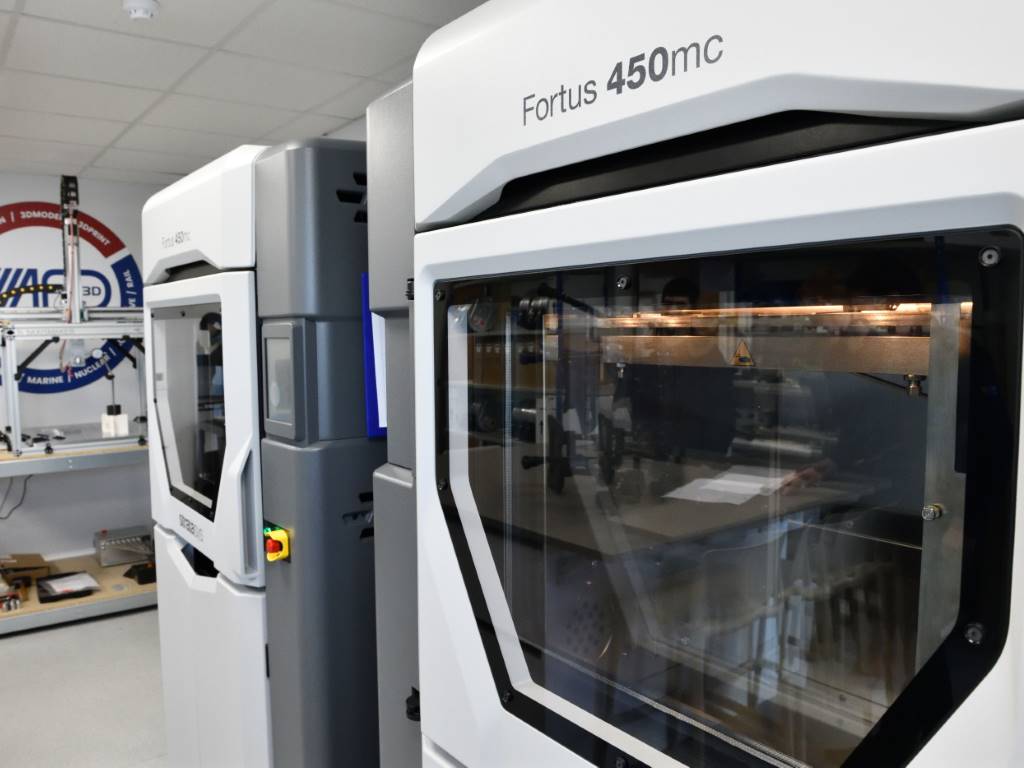Shore thing
What goes around comes around or so the saying goes. When I decided, at the ripe old age of 40 to embark on a career change into journalism
What goes around comes around or so the saying goes.
When I decided, at the ripe old age of 40 to embark on a career change into journalism after many years in manufacturing, the buzzwords at the time were outsourcing or offshoring. In order to negate the ‘high’ labour rates here in the UK, manufacturers decided to outsource their work to low cost economies such as Eastern Europe and the Far East. Though it was painful to stomach, it was equally difficult to question the economics behind the outpouring of work to cheaper manufacturing countries. Makes sound business sense right?
Well no actually – at least not entirely. Low-cost countries are low-cost for a reason and it’s often because somewhere along the line there’s a compromise to be made in terms of technical expertise and quality of output – not to mention the inevitable language barriers that may crop up. Things aren’t black and white here. Many UK-based companies have successfully set-up overseas factories to support local markets. Absolutely nothing wrong with that at all – it’s called being entrepreneurial and it’s definitely not outsourcing.
Fast forwarding, all this stuff has brought about another buzzword – Re-shoring. Essentially it means bringing work that has been outsourced overseas, back to the UK – and it’s on the rise apparently. According to a report that I read recently from the Manufacturing Advisory Service (MAS), a quarter of manufacturers in London and the South East are now considering or planning to bring back production from overseas to the UK within the next year. On my travels I hear it all the time.
The reasons given for the turnaround and the move away from offshoring include concerns over the cost of production, quality issues and unworkable leadtimes. Encouragingly the report states that of the 15% of London and South East manufacturers that re-shored in the past twelve months, three quarters have already reported an increase in sales turnover.
There’s a lot to be said for having total control over manufacturing processes, delivery times and product quality. In fact get these vital elements wrong and it’s highly likely you won’t be in business long. Companies are rightly proud of the work they produce and I know of many businesses that find the concept of trusting things to a third party (even a UK-based supplier) totally unthinkable. For others, having a tried and trusted, relatively local supply chain is the way to do business.
Please allow me a disclaimer. I’m more than fully aware that manufacturing is a global industry and there’s absolutely nothing wrong in sourcing whatever you need from whatever corner of the globe you choose. But if that source is British, all the better in my book!











